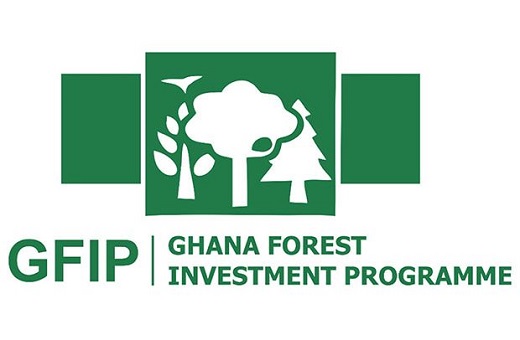Parliament has approved an on-lending agreement between the government and the Agricultural Development Bank (ADB) for an amount of $7 million for the implementation of the Ghana Forest Investment programme.
This is additional financing from the International Development Association of the World Bank Group, which is acting as the implementing entity of the Forest Investment Programme under the Strategic Climate Fund.
Minister for Parliamentary Affairs, Osei Kyei-Mensah-Bonsu, presented the agreement to the House on November 30, 2022 in accordance with Article 181 of the 1992 Constitution.
In accordance with Standing Order 169 of Parliament, the request was referred to the Finance Committee for consideration and report.
Background
In an effort to slow the rate of deforestation and restore Ghana’s forest landscape, the government implemented a number of interventions aimed at restoring the country’s forest landscape.
The interventions were supported by development partners and funded by a dedicated national re-afforestation programme fund from the national budget.
Finance, Natural Resources and Environmental Governance (NEG) Programme, and the Reduced Emissions from Deforestation and Forest Degradation (REDD+) Programme received funding from the development partners.
The Ghana Forest Investment Programme (GFIP) has been launched to help sustain forest restoration efforts.
With a US$29.5 million grant from the Climate Investment Fund (CIF), the GFIP programme has aided the government’s efforts to promote resilient and sustainable development.
Following the GFIP’s success, the World Bank’s International Development Association has extended an additional US$7.0 million credit facility to Ghana, providing additional impetus to the original GFIP’s ongoing efforts.
The additional funds will also be used to test the feasibility of contracting commercial loans for plantation development.
In order to make the most of this additional funding, the government intends to lend it to the Agricultural Development Bank for further lending to project beneficiaries.
Justification
The project is in line with the government’s commitment to address the root causes of deforestation by investing in plantation farming.
To that end, the Ministry of Lands and Natural Resources intends to apply for Strategic Climate Funds (SCF) from the Climate Investment Fund (CIF) to pilot the Ghana Forest Investment Programme (GFIP).
The Global Forest Initiative Partnership (GFIP) is a collection of ongoing interventions aimed at reducing deforestation and increasing forest cover.
The project aims to use transformative approaches to increase forest cover in the country’s High Forest and Transitional zones by providing financing to plantation farmers.
The project will assist the country in meeting its commitments to reduce greenhouse gas emissions, forest degradation, poverty, create jobs, and conserve biodiversity.
Observation
MPs noted that the project aims to improve forest and tree management practices among cocoa farmers, communities, and forest reserve managers in order to reduce forest loss and degradation in the High Forest Zone and parts of the Transitional Zone, while also rehabilitating degraded mined-out sites in forest reserves.
The project’s implementation will serve as a pilot loan scheme for SMPEs, which rarely seek loans from commercial banks for such ventures due to high interest rates and long gestation periods of tree plants.
The successful implementation of this project is expected to provide a model demonstrating the viability of commercial banks advancing credit facilities to plantation developers/tree growers, thereby creating a platform for private sector financing of plantation developments, the lawmakers stated.
According to them, in addition to addressing the threat of environmental degradation, the project will create long-term jobs, particularly in rural areas, and will contribute to improving the livelihoods of communities in the project’s target areas.
The loan scheme’s activities will include sustainable supplies of legal timber, as well as direct and indirect economic activities such as the establishment of tree nurseries, field labour in tree planting, and wood processing.
Source: dailyguidenetwork.com





